Apple will toss out apps that bribe users to opt-in for tracking
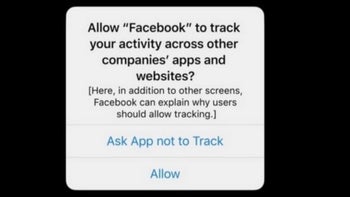
Yesterday, with the release of iOS 14.5, Apple introduced the App Tracking Transparency (ATT) feature. Users will receive a prompt asking them if they want to allow a third-party app to continue tracking them as they browse the internet or demand that the particular app refrain from doing so. About a third of iPhone users are expected to allow themselves to be tracked mostly for the purpose of receiving on-line ads.
With approximately two-thirds of iOS users reportedly planning on telling these apps not to track them, some critics, like Facebook's Mark Zuckerberg, have said that ATT will result in the death of small businesses. Of course, considering that on-line ads accounted for most of Facebook's $84 billion in revenue last year, they are not the most impartial of observers.
Meanwhile, Apple updated its Human Interface Guidelines with the release of iOS 14.5, and included a new section titled "Accessing User Data." In the latter section, Apple writes that "Beginning in iOS 14.5 and iPadOS 14.5, you must use the App Tracking Transparency framework to request the user's permission if you want to track them or access their device's advertising identifier."

This is an example of what Apple does NOT want to see done with its App Tracking Transparency feature
Apple appears to be concerned about companies trying to bribe users to allow them to continue tracking them. At the bottom of an image that shows an improper attempt to bribe an iPhone or iPad user to opt-in to tracking, Apple writes, "Don’t offer incentives for granting the request. You can't offer people compensation for granting their permission, and you can't withhold functionality or content or make your app unusable until people allow you to track them."


Apparently believing that ATT will lead companies to make promises to consumers in an attempt to get them to opt-in to tracking, Apple also says, "People can interpret a pre-alert message as a delaying tactic, so it’s critical to let them quickly dismiss the message and view the system alert. If you display a custom screen that precedes a privacy-related permission request, it must offer only one action, which must display the system alert. Use a word like "Continue" to title the action; don’t use "Allow" or other terms that might make people think they’re granting their permission or performing other actions within your custom screen."
Any company that fails to adhere to Apple's rules faces having their app removed from the App Store.




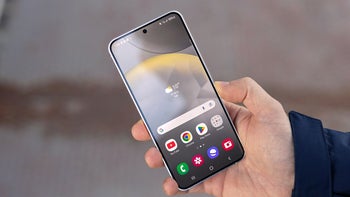

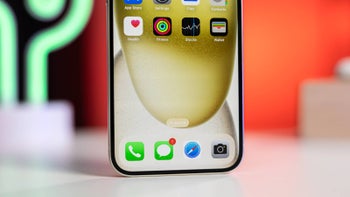
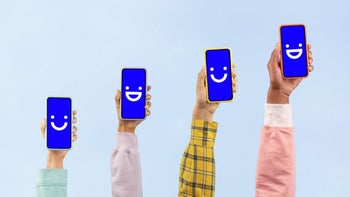

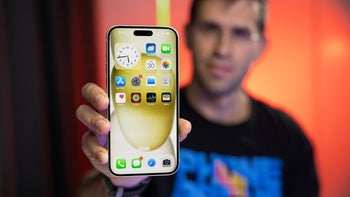
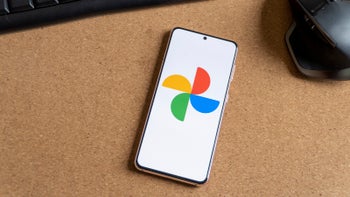


Things that are NOT allowed: